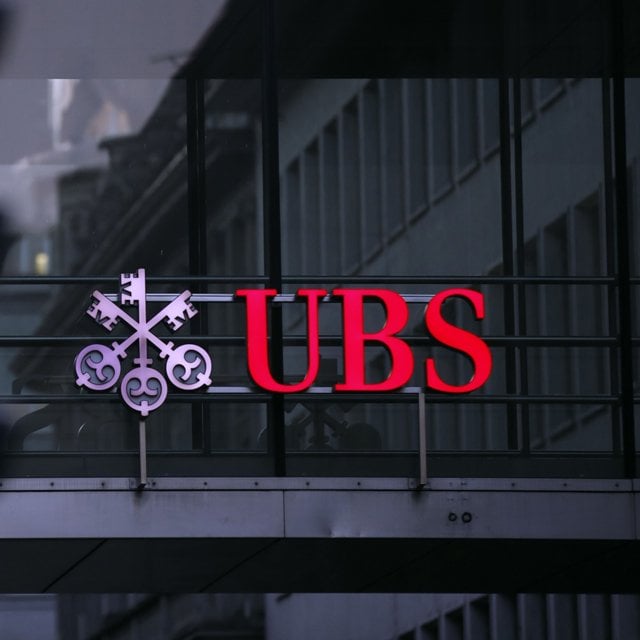
NOT FOR REPRINT
Ex-Credit Suisse Clients Face Grand Jury Probes Over Taxes
News March 05, 2024 at 03:00 PM
Share & Print
What You Need To Know
- Meanwhile, the Justice Department is investigating whether the bank, now owned by UBS, helped Americans hide assets from the IRS.
- Credit Suisse pleaded guilty in 2014, paid $2.6 billion, and admitted it helped thousands of Americans evade taxes.
- Its failure to act "enabled what appears to be potentially criminal tax evasion by a client to go undetected for almost a decade," according to a Senate report.


Immediate Answers to Critical Tax Questions At Your Fingertips
Keep up with the latest tax rules and regulations with weekly, exclusive updates by our Tax Facts experts.
Get More InformationRecently Added Q&As
How are business expenses reported for income tax purposes?
Get Answer
What is a charitable IRA rollover or qualified charitable distribution?
Get Answer
What are the tax benefits that can be realized by providing employee benefits through a cafeteria plan?
Get Answer
What are the Social Security and Medicare tax rates for traditional employees and employers?
Get Answer
What developments have emerged regarding a fiduciary’s consideration of environmental, social and governance (ESG) issues in making investment decisions?
Get Answer
What are the Social Security tax and Medicare rates for self-employed taxpayers?
Get Answer
How is it determined whether a taxpayer is an independent contractor or a common law employee?
Get Answer
What is FBAR, and does a U.S. citizen living in Canada need to be concerned with FBAR requirements?
Get Answer



